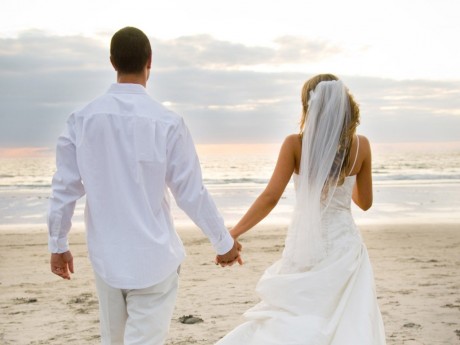Remember my friend, Omo Baba Printer? Well, we were
discussing the new brideprice app that just went viral and some
of the negative reaction to it. So I asked for a quick post.
Below, unedited
———————————————————————————————————-
Bride Price Brouhaha
Since the infamous brideprice app went viral, many people have
complained that the entire concept of Bride Price, even in a
humorous or satirical form promotes the objectification of
women as objects to be traded. I understand why they think so.
But I disagree, here’s why.
Dowry vs Bride Price
Many confuse the two, but a dowry is paid by the bride’s family
to the groom’s family while a bride price is paid by the groom’s
family to the bride’s. The lesser known dower is made by the
groom directly to the bride herself, not her family.
In countries like India, where Dowry is common, this was due to
the perceived low value of women in the society. A family
gaining an additional woman was gaining a burden. Within
Nigeria, the bride price reflected the high value of a woman
within her family, where her marriage was a significant loss of an
economic asset. Here, you find bride price occurs within the
ethnic groups where women took an equal part in earning an
income for the family, trading or farming.
There is a correlation between the prevalence of a bride price
and a society valuing its women highly, (all other things being
equal).
The dowry system on the other hand has created so many
problems, not least of all Dowry Deaths that it was even made
illegal in India. Yet it continues there under the radar. The wiki
article states:
The expected value of the dowry has risen in some
cultures in recent decades. This phenomenon has led
to a sharp increase in “dowry deaths” since the 1980s.
A “dowry killing” occurs when a new wife is murdered
by her husband or in-laws if they are unhappy with
her, rather than sending her back to her parents,
which would force the in-laws to return the dowry to
the bride’s parents. Statistics in India show that 90%
of such murdered brides were educated, 30% were
graduates, and 20% were women who worked outside
the home and contributed to the family financially.
[Dowry killings have been described by women’s rights
groups as a problem that is typically among the
“emergent urban middle class”, who aspire to greater
material prosperity, and the dowry that comes with a
wife is viewed as a means of obtaining money and
consumer goods.]
Even the UK historically, had a dowry system which
disenfranchised so many women while they were unable to
inherit their family wealth.
Yoruba traditional weddings today still symbolically have the
groom’s family paying a bride price -usually in the form of
baskets of farmed goods. Even when the parents are known to be
billionaires, I doubt anyone at those weddings seriously believes
that a daughter is being “sold” for a few yams and bananas. In
exchange, the bride’s family traditionally bears the cost of the
wedding.
These acts are symbolic gestures of the merging of families or, if
you like, the granting of a licence to marry.
I believe that Bride price is really a purchase of family, and no
more sexist than a woman changing her surname from her
father’s to her husbands. Neither is an indicator of ownership,
but of kinship.
There are many issues degrading women and girls in Nigeria,
everyday sexism ruining the lives of females all over the country,
but Bride Price is not one of them.
I’m glad to come from a part of the world that rejected the
dowry system for bride price.
But then according to BridePrice app I’m a “Super Premium
Babe! Your bride price is going to cause a war in this Africa.” –
so perhaps I should check my privilege
Source: Aguntasolo.com
